I’ve been extremely lucky in life. And I’m so tired of hearing that independent and charter schools “drain” resources from public education.
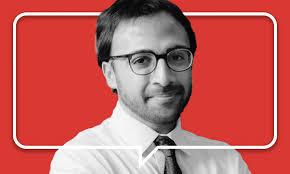
These were two thoughts while reading Nikhil Goyal’s 2023 book, Live to See the Day: Coming of Age in American Poverty. Goyal is a sociologist and policy wonk, who’s worked for Bernie Sanders. (He sent me his book because he likes my blog!)
The book focuses on three teenaged Puerto Rican boys and their families in darkest Philadelphia, struggling to get out of the sinkhole that is American urban poverty, an environment that seems to conspire relentlessly against them. The reporting is intensively detailed, riveting, and searing.
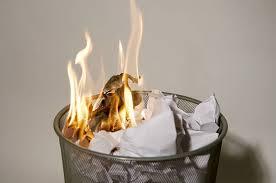
Ryan Rivera had a history of behavioral problems in school. Then some other kids goad him into a stupid prank setting a fire in a trash can. The police are called, who arrest Ryan, commencing a cascade of ugly consequences. He’s not even thirteen! His life now in a very deep hole.
The mothers in the book are fiercely engaged on their childrens’ behalf. But part of why the families are so dysfunctional is bad taste in men. Another thing that screamed out at me throughout the book. The women often involved with men who are shits.

I understand the “bad boy” sexual allure. (I myself never got it on with a gal until one out-of-character bad boy episode.) But still. You’d think street-wise women could see past that lizard-brain attraction. Yet on the other hand, in their poverty-ravaged milieu, what other choices have they? Not a lot of good guys being available there. The men being shits because they’re products of a shit-filled environment.
There are two ways poor people are viewed. I recall one (otherwise) intelligent guy declaiming they’re just bad people. Their circumstances being basically their own fault; they deserve their wretchedness. This was the idea, more or less, in another book getting some revisited attention lately, Vance’s Hillbilly Elegy. The poor being poor because they just don’t act right.
But why don’t they? The other way of seeing it is they’re trapped by their circumstances. And being in those circumstances in the first place is basically just bad luck.
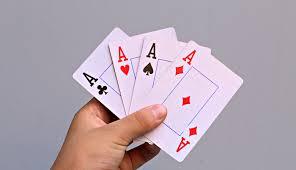
I’ve had a great successful life. You might attribute that to sterling qualities: intelligence, conscientiousness, work ethic, etc. But what gave me those qualities? I was dealt a hand, in life, full of aces.
Those in Goyal’s book got dealt crap. Did I somehow deserve the good cards I was given; while they deserved crap? No, it was just the luck of the draw.
Actually, when I consider how easy I had it, growing up middle class, the people in this book, coping with what life threw at them, were better than me. I don’t think I could have done it.
Hence my first line above. Next I mentioned schools. The “draining” argument would make some sense if public schools were decently educating the disadvantaged. But they’re not, and that’s precisely why there’s so much push for alternatives.
In fact, this is a top scandal of modern America. For those dealt crappy cards, schools could be — should be — a great equalizing force. But instead of combating disadvantage, crappy schools compound it. You want to talk reparations? How about just giving slavery’s descendants decent public education.
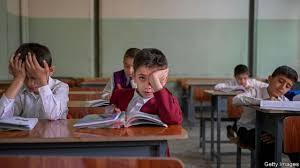
But since school funding is usually keyed to property taxes, those in poor areas are comparatively underfunded. Often physically crumbling; beset by asbestos, lead in drinking water (inimical to brain development). Mold and other toxins boosting asthma rates in poor communities. Text books out-of-date. And they get the dregs of teacher ranks, because good teachers try to avoid them. And so forth.
And then we get the school-to-prison pipeline. Goyal’s book shows that what’s absent in public schools is any idea of actually equipping these kids for productive lives. Instead, they’re just processed through a system that assumes they’re hopeless and operates on that assumption.
The short-sightedness is mind-boggling. How much investment would it take to instead prepare poor kids to get properly educated and thereafter become valued members of society? Contributing to our economy, paying taxes, etc. — surely repaying that investment many times over. Whereas refusing to make that schooling investment results in people who will cost us vastly more over their lifetimes, in welfare payments, unemployment benefits, added medical care, crime, police and justice system costs, the vast costs of the prison system, and on and on. Talk about “draining.”
These people are not incapable of thriving; not too stupid (in fact they must be pretty smart and resourceful just to survive). Ryan Rivera went on, in spite of everything, to a successful life. But for most like him the obstacles are too great.
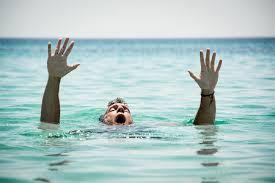
And even those who, against the odds, actually make it to college get little help. I vividly recall a radio report on a Black ghetto youth who reached an ivy league school. Wow! But once there, in an unfamiliar environment, he was at sea, left without guidance, to sink or swim on his own. He sank. (One of the women in the book had a similar experience.)
Bad as the schools are, it’s better to be in them than not. But attendance has long been a big problem — aggravated since the pandemic, with legions of kids simply disappearing from the system altogether. And the system basically just shrugs. In fact, literally keeping kids out of school is one of the institutional strategies — with suspensions and expulsions as punishments (far more ubiquitous for non-white students in blighted urban schools than for whites in upscale ones). Goyal suggests that school dropouts should instead be called “pushouts.”
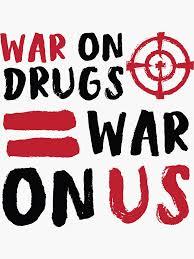
Also running throughout the book is the prominence of substance abuse, and drug dealing. Devastating these communities — not so much the activities themselves, but the law enforcement response, the resulting mass incarceration. The insane war on drugs is a war on Black neighborhoods. The most titanic misguided policy failure in our history.
